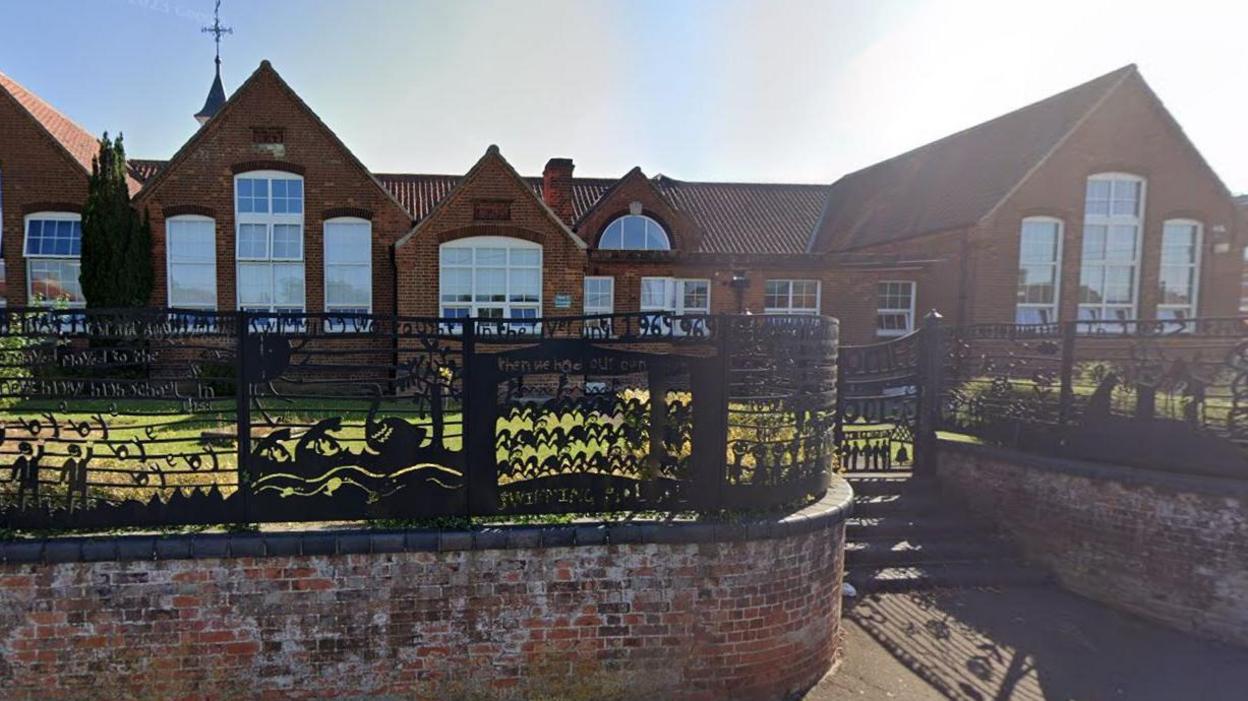Why are schools closing over unsafe ceilings?
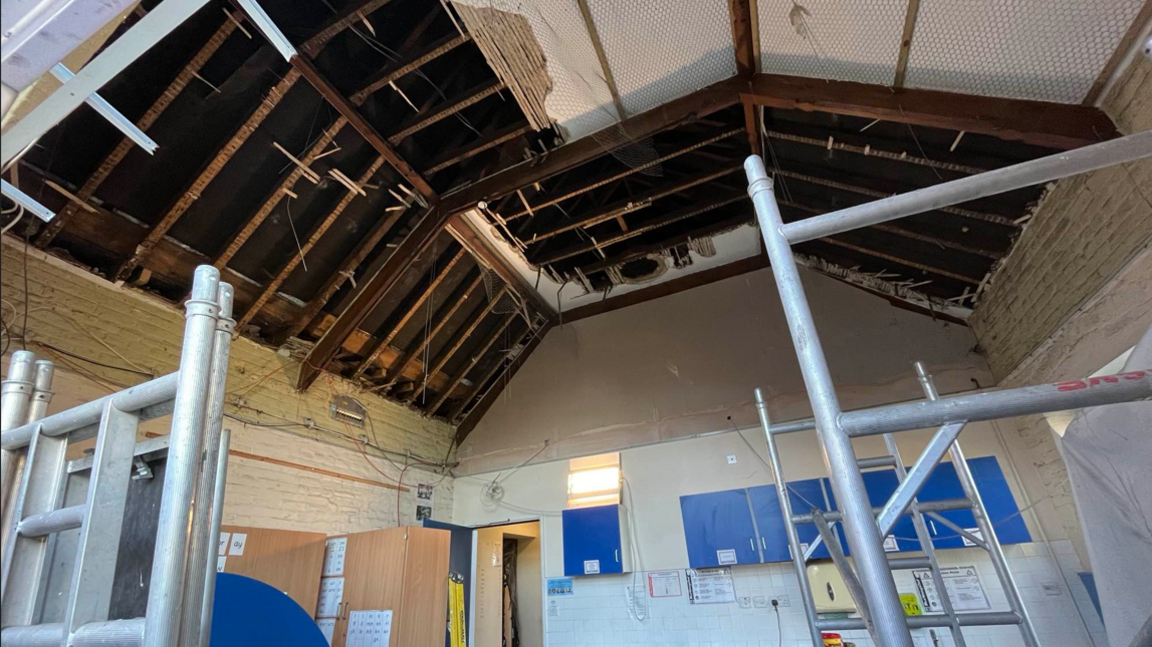
Ludham Primary School is one of 15 sites in need of urgent ceiling repairs
- Published
Fifteen schools in Norfolk have ceilings in need of urgent repair and dozens of other schools have been checked for potential issues.
Since the start of the academic year, two schools in Norwich have been temporarily closed over unsafe ceilings, and pupils from another school have had their lessons moved to a parish hall.
Norfolk County Council said it acted immediately to protect pupils and staff.
The BBC examined what has caused the issues and whether it could be a widespread problem.
What is causing the issue?
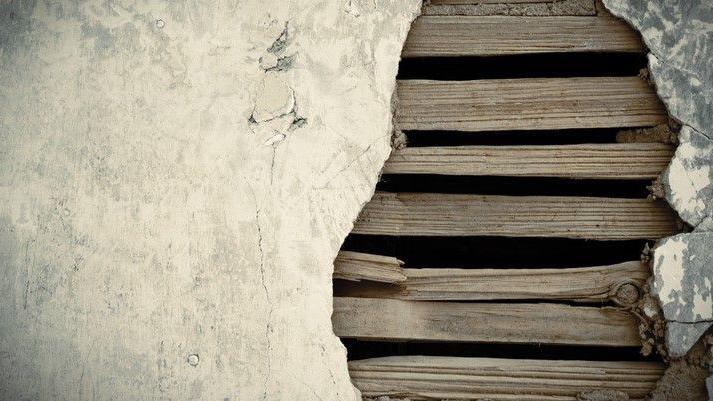
Lath and plaster was used to cover walls and ceilings in old properties
Norfolk County Council said all 60 schools checked for potentially unsafe ceilings were old buildings which were constructed using lath and plaster.
The building method, which involved strips of wood being nailed to walls and ceilings and covered with plaster, was used from the early 18th Century to the mid-20th Century, until it was eventually replaced by plasterboard.
The authority said if undamaged, the material was safe. However, if damaged, it could crack and collapse.
What is being done to repair the ceilings?
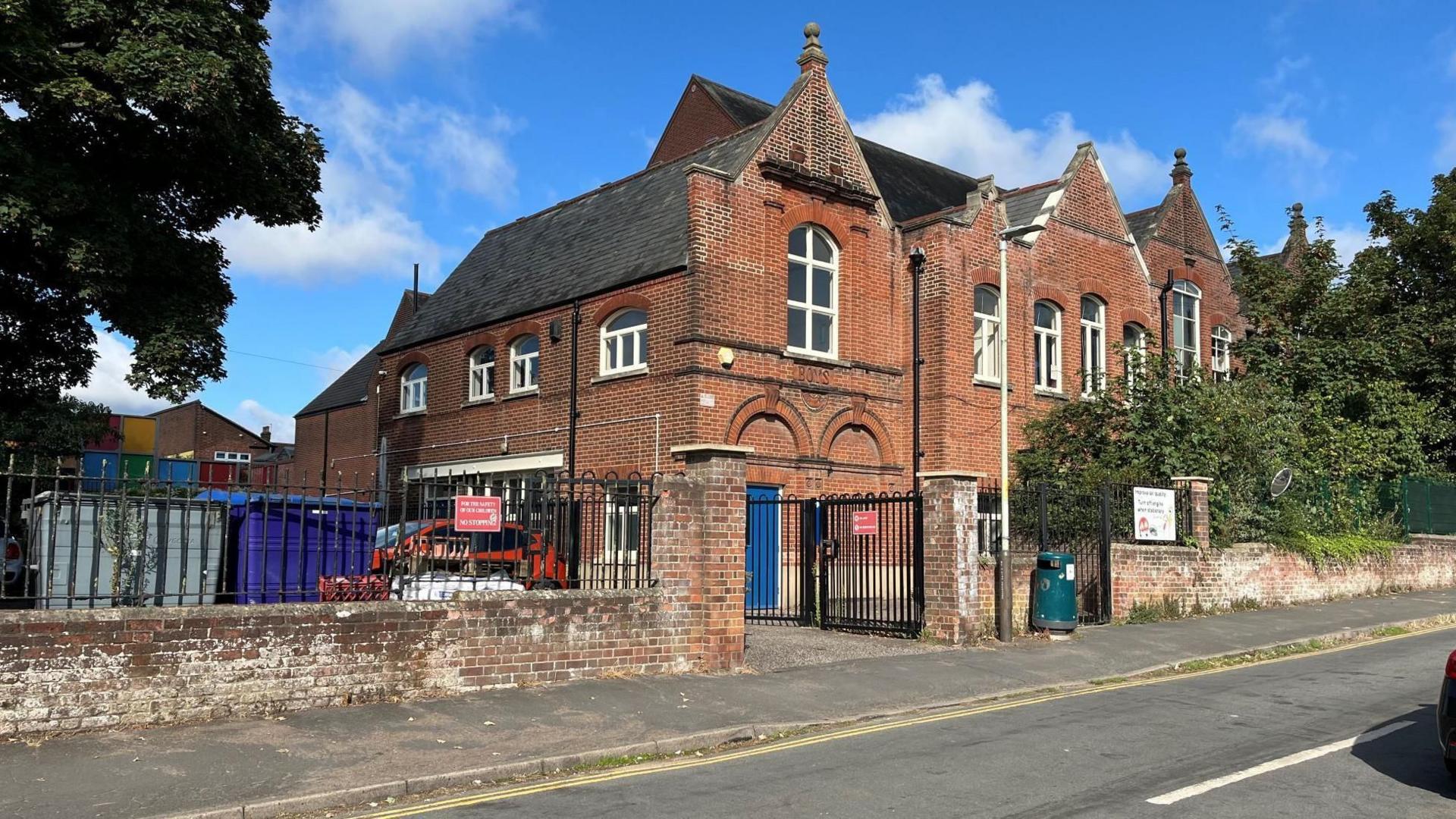
Avenue Junior School was closed for three days last week while checks on its ceilings were carried out
After a ceiling partially collapsed at Fakenham Junior School four weeks ago, the council said it had sent out inspectors to 60 schools which were maintained by the council.
Out of those inspected, 15 were identified as requiring urgent repairs.
The authority said it was spending more than £100,000 on replacing the lath and plaster with a different material.
It said it had also written to the Department for Education to make it aware of the issue.
All schools remained open and had "appropriate measures in place to ensure a safe and effective learning environment", the council added.
Why is lath and plaster an issue now?

Penny Carpenter said the council has a four-year rolling school inspection programme
Penny Carpenter, the authority's cabinet member for children's services, said that signs indicating the state of the ceilings were missed during previous visual maintenance inspections, as suspended ceiling tiles had not been removed to check older structures above.
When asked by the BBC if this was a big oversight, Carpenter replied: "Hindsight is always a wonderful thing; I don't know what the checklist is on the visits."
She confirmed inspections would be reviewed and that with "certainty" inspectors would be asked to remove tiles in future.
Why is this happening in Norfolk?
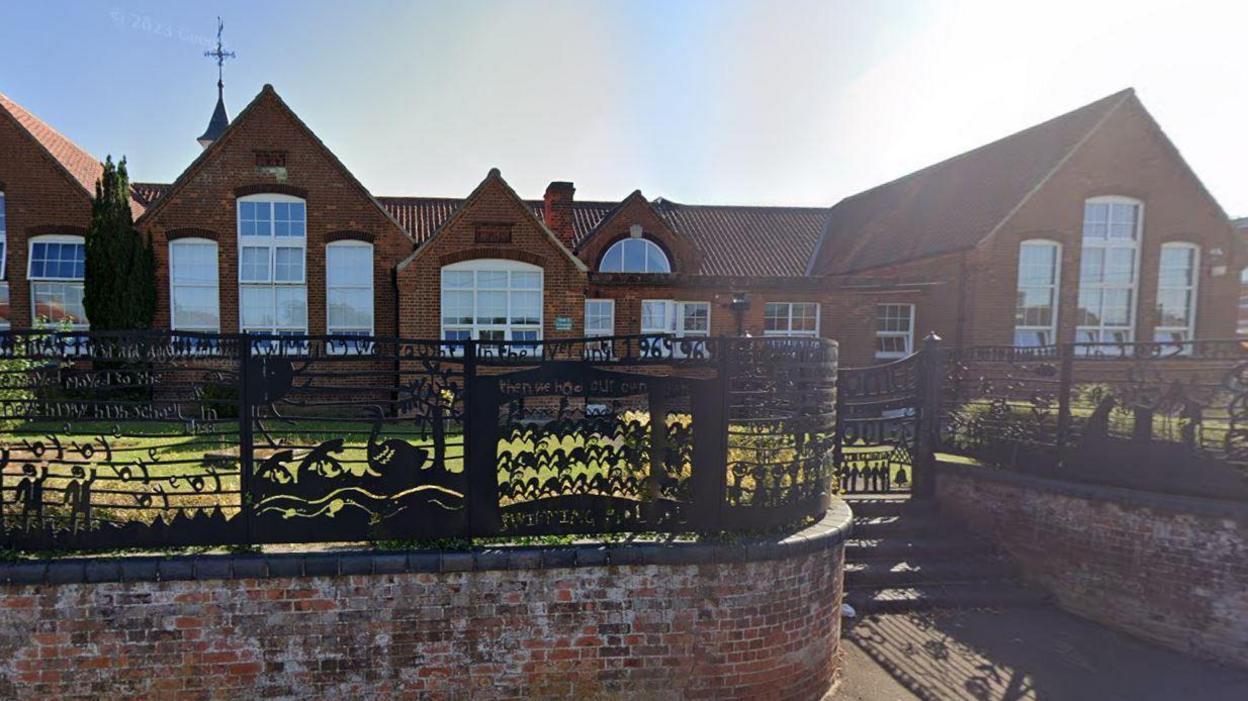
Issues were first detected at Fakenham Junior School following the partial collapse of a ceiling
Norfolk is the fifth largest county in England and has dozens of old schools, many of which were built during the Victorian period.
The council said the issue was only fully revealed after the partial collapse of a ceiling at Fakenham Junior school.
The authority said it had written to local academy trusts, which were responsible for their own maintenance programme, to notify them of the issue.
Is it likely to be a concern elsewhere?
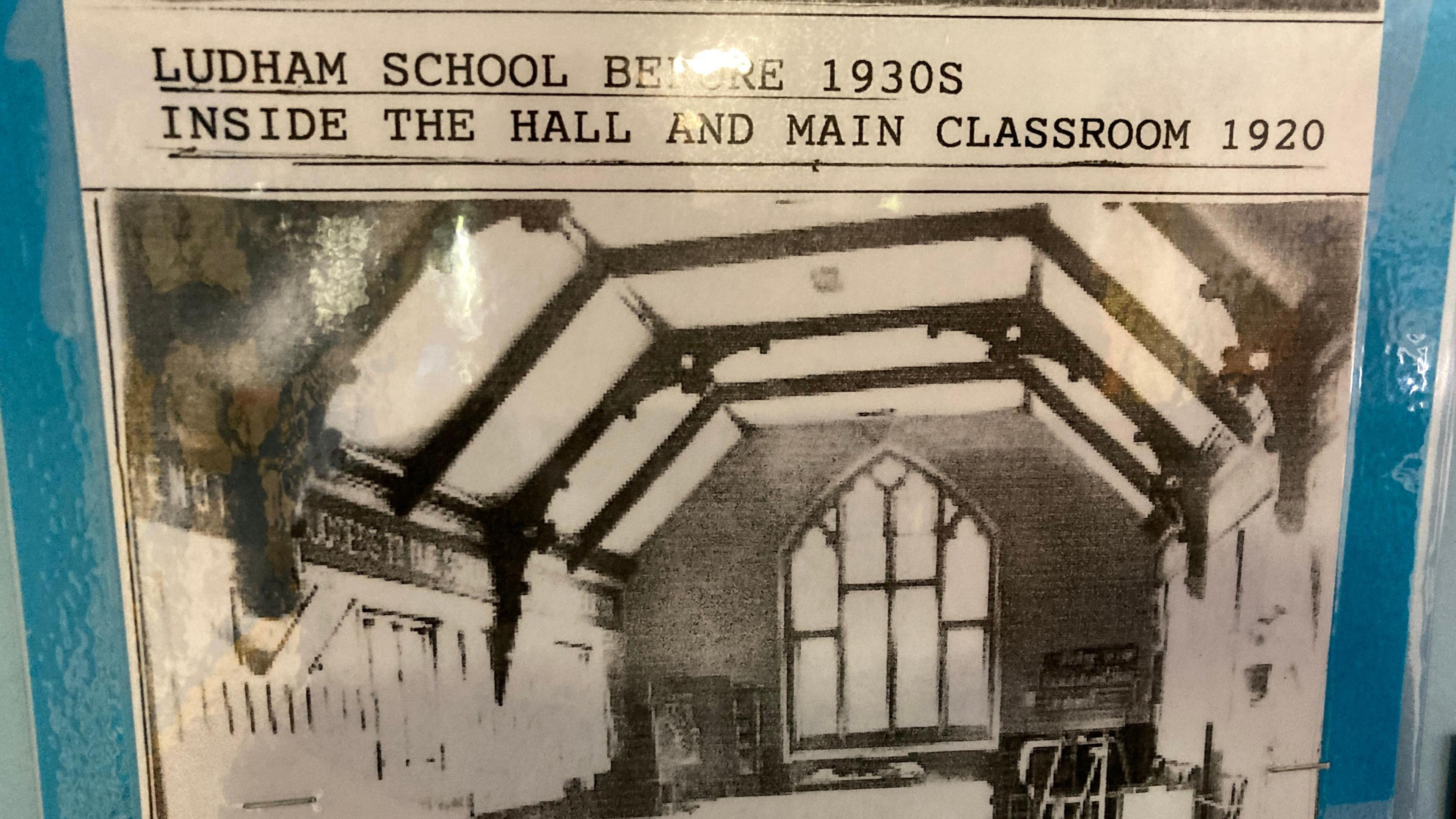
A suspended ceiling was later added to the hall at Ludham Primary School which opened in 1874
The Department for Education (DfE) confirmed it was contacted by Norfolk County Council on 12 September – nine days after parents at Fakenham Junior School were told some children could not return for the first day of the new school term due to structural problems.
The DfE said it was liaising with Norfolk County Council for updates on the situation, and that there was "no evidence of there being systematic issues with lath and plaster".
"Departmental officials have regular discussions with relevant professional bodies and leading material specialists to share information on any emerging evidence regarding the safety of construction materials across all building types," a spokesperson added.
The Health and Safety Executive said it was not expecting to investigate the issue as "five tonnes of material" had not been involved in the collapse, and no injuries had been reported.
A spokesperson for Norfolk County Council added: "We commission NPS Property Consultants Ltd to deliver a four-year rolling programme of condition surveys of maintained schools where we are the responsible body.
"These are standard condition surveys, which are largely a visual inspection. They are in-line with the DfE guidance and the surveys carried out by other local authorities at their schools. These surveys may lead to a further detailed survey, if required.
"DfE guidance on assessing the condition of the schools’ estate sets out that condition surveys are normally non-intrusive and there is no specific mention of lath and plaster or suspended ceilings.
"It must be stressed that we did not know this was an issue until the partial collapse of a ceiling at a Norfolk academy – much like the national issue with RAAC.
"We prioritised getting these inspections done because the safety of children and staff is our first priority."
Get in touch
Do you have a story suggestion for Norfolk?
Follow Norfolk news on BBC Sounds, Facebook, external, Instagram, external and X, external.
Related topics
- Published3 October 2024
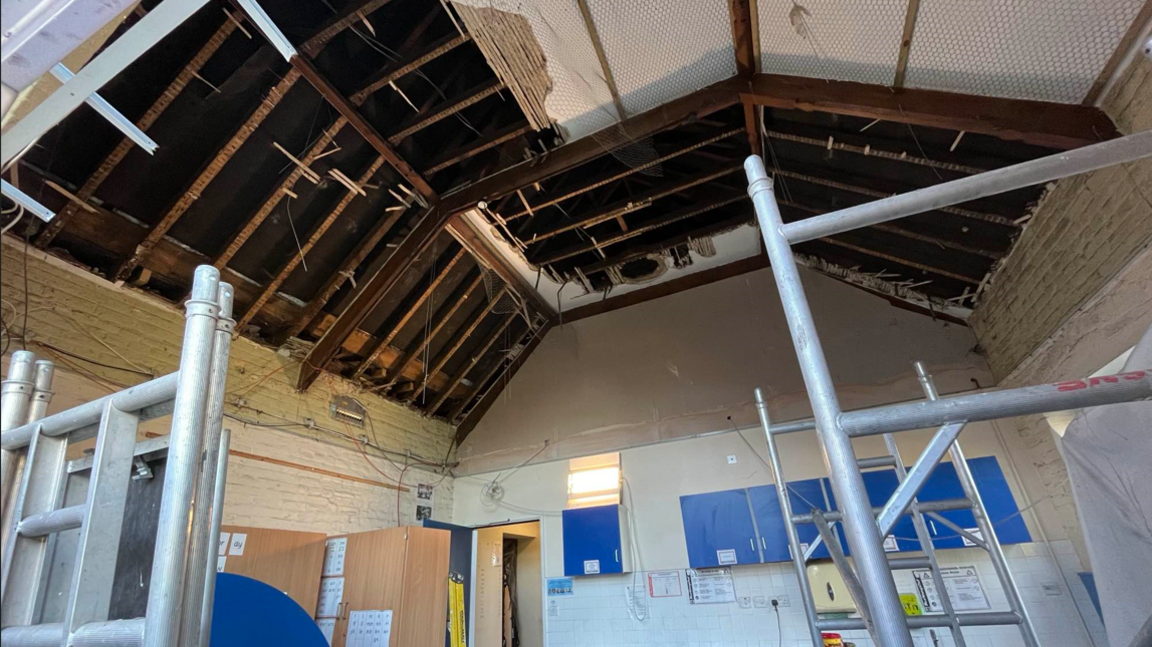
- Published2 October 2024
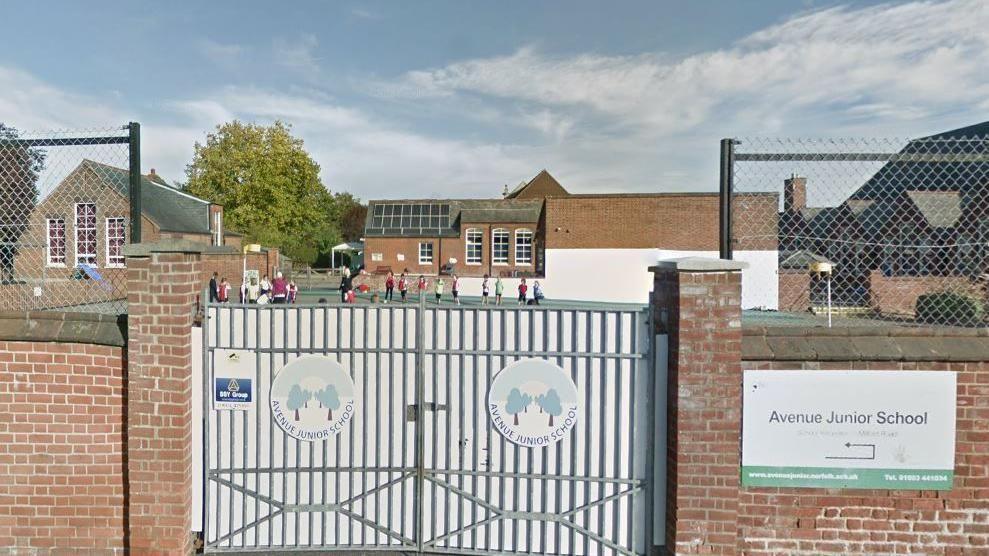
- Published4 September 2024
